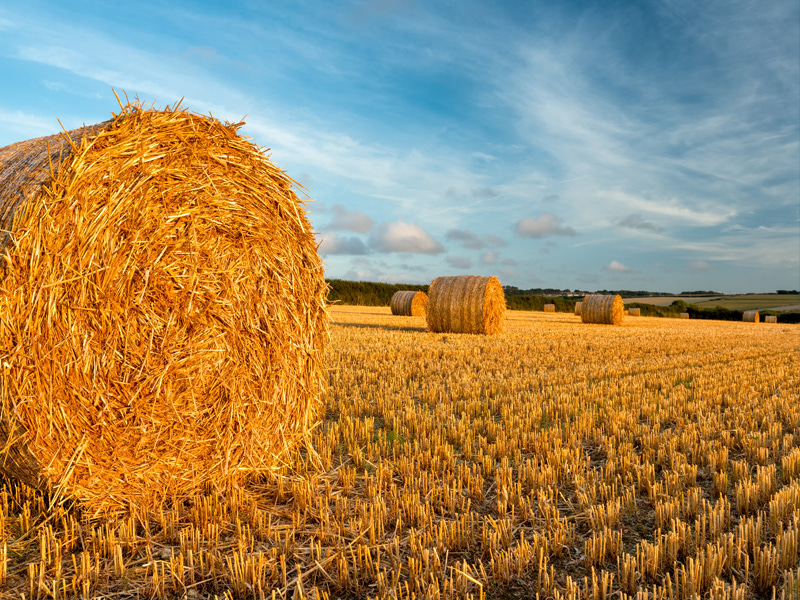There has been considerable media coverage of carbon credits and carbon capture but in our experience not many Lincolnshire farmers understand what they are and what opportunities they present.
Carbon credits are a tradeable permit or certificate allowing the holder to emit a certain amount of carbon dioxide (CO₂) or other greenhouse gases (GHGs). Typically, one carbon credit represents the right to emit one metric ton of CO₂ or its equivalent in other GHGs. Carbon credits are part of a broader effort to reduce global emissions and mitigate climate change.
There are two primary markets for carbon credits:
Compliance Market: Governments set emission reduction targets, and industries that exceed their emission limits must purchase carbon credits to offset the excess. This market is often regulated by law.
Voluntary Market: Companies and individuals voluntarily purchase carbon credits to offset their carbon footprint. This market is often driven by corporate social responsibility or consumer demand for greener products.
How Do Carbon Credits Affect UK Farmers?
For UK farmers, carbon credits present both opportunities and challenges:
Opportunities
Revenue Generation: Farmers can generate carbon credits by adopting practices that reduce or sequester carbon. For example, they can earn credits by planting trees, practising conservation tillage, improving soil management, or adopting agroforestry. These credits can then be sold on the carbon market, providing an additional revenue stream.
Sustainable Practices: Participation in the carbon market encourages sustainable agricultural practices, such as reducing the use of chemical fertilisers, improving water management, and enhancing biodiversity. These practices can lead to long-term environmental benefits and improve the resilience of the farm ecosystem.
Market Differentiation: By adopting low-carbon practices, farmers can differentiate their products in the market, appealing to consumers who prefer sustainably produced food. This can create new market opportunities, especially as demand for environmentally friendly products grows.
Access to Funding: Participating in carbon credit programs can make farmers eligible for various grants, subsidies, and funding opportunities aimed at promoting sustainable agriculture and carbon reduction initiatives.
Challenges
Verification and Certification: Farmers must undergo rigorous processes to verify and certify their carbon reduction or sequestration activities to participate in carbon markets. This process can be costly and time-consuming, requiring technical expertise that may be limited.
Market Volatility: The price of carbon credits can be volatile, making it difficult for farmers to predict and rely on this income stream. If carbon credit prices fall, the financial incentives for sustainable practices may diminish.
Long-term Commitments: Many carbon sequestration activities, such as tree planting, require long-term commitments to maintain the carbon stored. Farmers must ensure they can meet these obligations over time, which may involve ongoing costs and management efforts.
Regulatory Uncertainty: The carbon market is still evolving, and changes in regulations or market structures can affect the value and accessibility of carbon credits. Farmers need to stay informed and adaptable to navigate this complex landscape.
While carbon credits allow UK farmers to contribute to climate change mitigation and diversify their income, they also require careful consideration of the associated costs, obligations, and market dynamics. As the carbon market continues to develop, its impact on agriculture in the UK will likely grow, making it increasingly important for farmers to understand and engage with this system.
If you’d like to know more about carbon credits please don’t hesitate to contact our expert partners in this area – PGM&Co by emailing Molly Williams (Molly@perkinsgeorgemawer.co.uk) or calling 01673 843011




